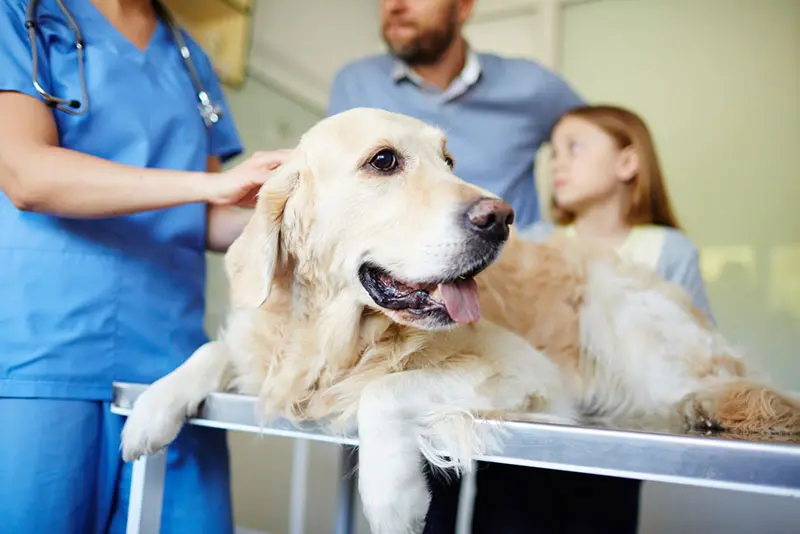Working in a Veterinary Clinic: The Challenges and Rewards

Veterinarians and veterinary technicians are often underestimated. Their work can be sweaty, smelly, physically challenging, and emotionally draining. The people who become veterinarians and technicians endure it all for the sheer love of the job and a deep rooted passion for helping animals.
The average veterinary clinic is open almost 8-12 hours a day. Most doctors, technicians and other veterinary staff work the entire time that the office is open. Even after closing, the staff must remain at the office until each patient is stabilized for the evening. Just because the clinic is closed does not necessary mean you go home at closing time. Pets don’t get hurt or sick by appointment, and unlike the ER, vet clinics usually don’t have dozens of support staff to handle a mad rush of patients. Vets and technicians work when the animals need them.
Vet technicians are much more than just animal nurses. They are part-time receptionists, laboratory technicians, anesthesiologists, pharmacy techs and janitors. There’s more to the job than what you see in the exam room, and yes, a lot of it involves poop. Only a few states require veterinary technicians to be certified, but techs must still have quite a great deal of education and training to perform their job properly. Vet techs often assist doctors with surgeries and procedures that require a great deal of knowledge and skill. They sometimes take blood and administer medications. Regardless of their responsibilities within the clinic, they serve the needs of animals with great care and compassion.
Working at a veterinary clinic is physically strenuous. Since most pets are anxious about the procedures awaiting them on the treatment table, veterinary staff have to do a lot of heavy lifting. Beyond that there is restraint, bending, twisting and LOTS of time on your feet. People often think of their pets as gentle, docile creatures, but sometimes coming to a veterinary clinic can bring out some aggressive behaviors. Technicians must be trained to handle pets in a manner that is safe for the owner, the pet, the doctor AND themselves. Most veterinary staff do not go through the week without a few battle scars and war stories to share.
Dealing with the suffering of animals day in and day out takes a toll on veterinary staff. Employees become attached to their clients — the pets and their humans! When a beloved pet is ill or passes away, the staff grieves right along with you. These times are certainly not the ones your pet’s caretakers hope for, but are ultimately a part of the circle of life. Most folks who work in the field see the profession as much more than a job… It’s a calling.
Working in a veterinary clinic has its challenges, but the rewards far outweigh the hard times. Our pets can’t speak to us and tell us what hurts. Being able to connect with an animal to determine the nature of an illness or injury takes many skills. Using those skills to help restore a pet’s health brings great joy that makes all of the stressful times worthwhile.
Ultimately, for those who work in a vet clinic, happy and healthy pets are the greatest reward!
Share This Post
Recent Posts
About Shallowford Animal Hospital
Shallowford Animal Hospital and The Pet Spa at Shallowford are dedicated to the exceptional, compassionate care your pet deserves. Pets hold a very special place in our families, and we treat yours like our own.



